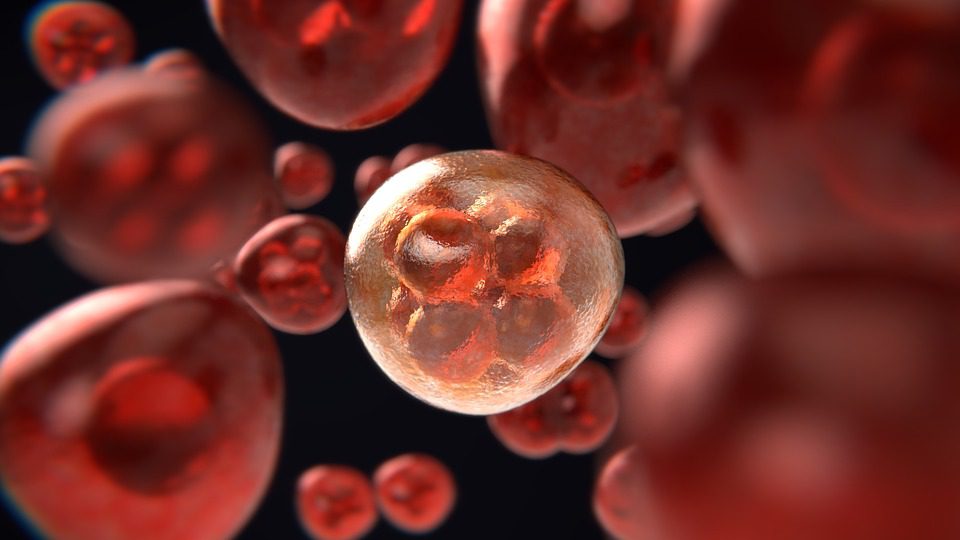According to significant new research, an increasing number of young individuals are diagnosed with late-stage colon cancer, leading experts to repeat their appeals for early diagnosis and screening.
Researchers from the University of Colorado School of Medicine examined data from over 100,000 patients with adenocarcinoma, a more aggressive form of cancer that is more likely to be detected in later stages.
They discovered that young individuals between 20 to 29 years old had the most significant rise in new colon cancer cases identified and are more likely to be in the distant stage of cancer when diagnosed, indicating that the disease has already spread. Subgroups of non-Hispanic Black and Hispanic individuals had the greatest increases.
“Studying cases of adenocarcinoma alone is important, because those are the ones we’re trying to prevent with screening and risk factor identification,” explained study author Dr. John Karlitz, chief of gastroenterology at Denver Health Medical Center.
After evaluating current patterns of the growing incidence of colon cancer in younger individuals, the United States Preventive Services Task Force (USPSTF), the leading authority on preventive medicine, has modified the screening guidelines for colon cancer from age 50 to age 45.
Risk factors such as obesity, food, or environmental variables, according to Dr. Jay Bhatt, a general care physician and ABC News contributor, might be playing a part in why these rates are growing.
Long-Thought to Affect only Older Adults
Another element that Karlitz identified that might explain this increase is a delay in diagnosis.
Younger adults may delay seeking colon cancer screening because they believe it is an improbable diagnosis. This may cause a delay in diagnosis, giving the disease more time to develop to a later stage. According to Karlitz, these delays may be prevented with prompt screening.
Rectal bleeding, persistent stomach discomfort or fullness, and inexplicable weakness are common signs to watch for.
“I actually discuss it with all patients over 40 to prepare them and if they had early colon cancer diagnosis in their family, it is even more important,” Bhatt said about colon cancer screening.
This research does not take into account a person’s family history. If a family member has colon cancer, the chance of acquiring colon cancer increases considerably. Physicians advise persons with risk factors such as a family history of cancer or genetic diseases like Lynch syndrome to consult with their doctors since they may need early screening. Holidays and family gatherings, according to Karlitz, are excellent times to be proactive and question your family about their medical history.
“If you’re 45 years old, get screened on time — do not wait. If you are under 45, report concerning symptoms to your provider and report your family history to your provider — it can be lifesaving and impactful to prevent the development of colorectal cancer or at least advanced disease,” added Karlitz.
Colon cancer is a cancer that starts in the large intestine (colon). The colon is the last section of the digestive system.
Colon cancer most often affects older persons, although it may strike anybody at any age. Polyps, which are tiny, noncancerous (benign) collections of cells that grow on the interior of the colon, are the most common starting point. Some of these polyps may develop into colon cancer over time.
Polyps may be quite tiny and cause little, if any, symptoms. As a result, physicians advise routine screening tests to help prevent colon cancer by detecting and eliminating polyps before they develop into cancer.
If colon cancer grows, there are several therapies ready to support manage it, such as surgery, radiation therapy, and pharmacological treatments such as chemotherapy, targeted therapy, and immunotherapy.












Leave a Reply